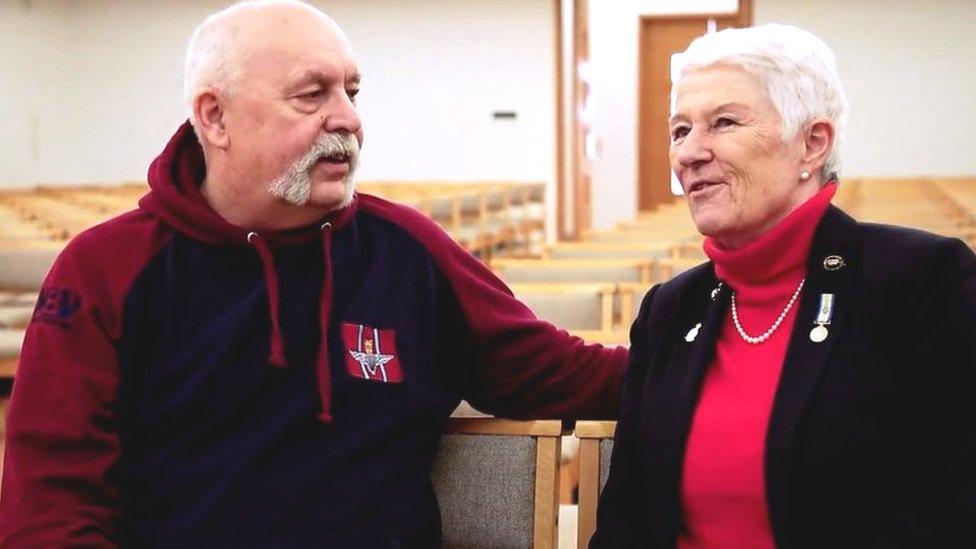Falklands War: Soldier's sister seeks answers 40 years on
- Published
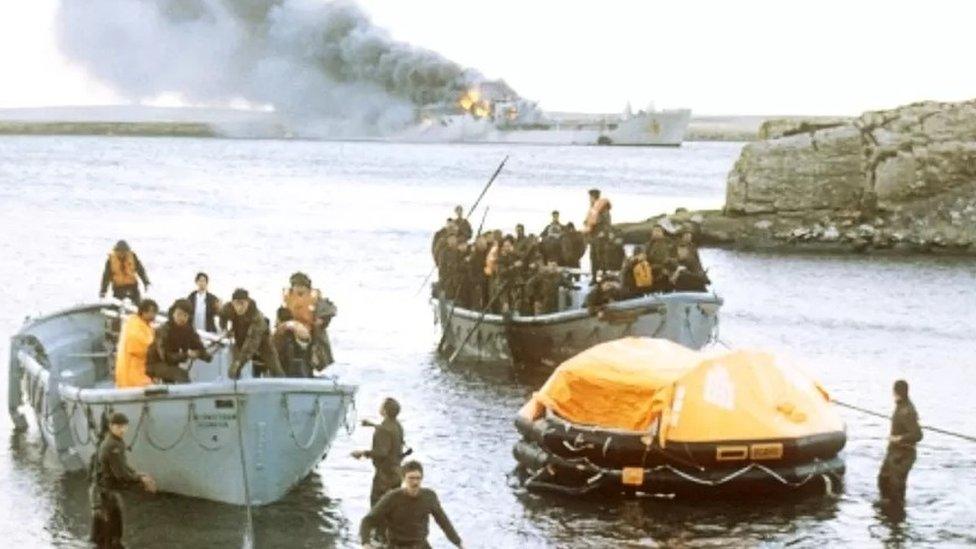
Survivors coming ashore from the bombed Sir Galahad
"War is war, however, you do not leave people out in the open to get shot at, to get bombed".
Karen Edwards' brother was one of 48 men killed when the Sir Galahad ship was attacked during the Falklands War.
New documents, seen by BBC Wales, show the captain of a second supply ship, the Sir Tristram, had warned they were "fully exposed for enemy air attack".
The UK government said it was confident in the "findings and recommendations" of a 1982 Board of Inquiry.
The newly declassified documents corroborate other declassified testimony from the captain of the Sir Galahad which revealed confusion, delays and missed opportunities to move troops to safety before the attack.
Both ships were bombed by Argentine jets in 1982, with a total of 56 deaths, including 32 Welsh Guards - the single most destructive strike on British troops since World War Two.
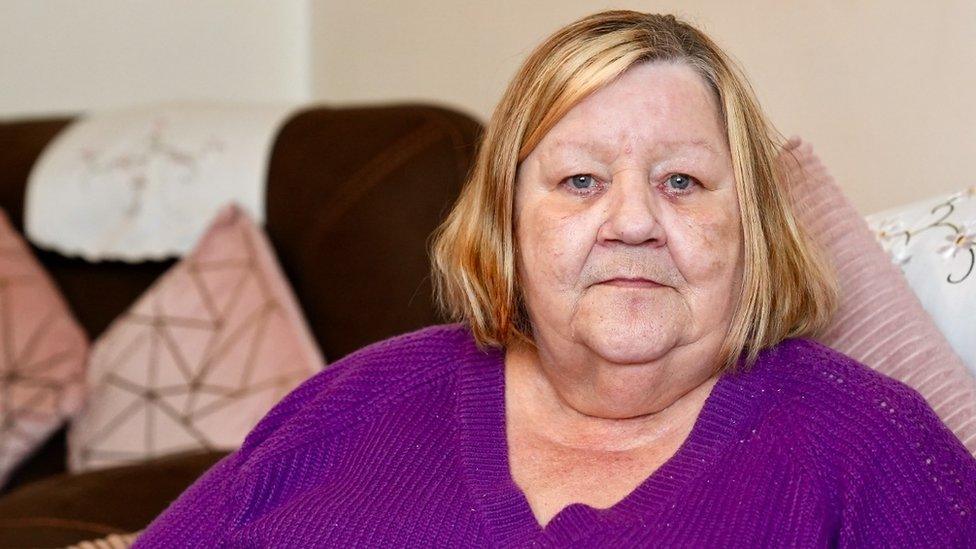
Karen Edwards, 67, lost her brother, Steve Newbury, on the Sir Galahad
Testimony recently released from Capt Robin Green, commander of the Sir Tristram, showed his requests for protection went unanswered and that senior officers were told the operation was "ill-advised".
Ms Edwards, 67, from Cardiff, said she believed there had been a "cover-up" and she had been "lied to" for the last four decades.
The testimony from Capt Green said he had requested an air raid warning, more anti-aircraft missiles and an armed escort to accompany the ships. But the documents reveal he received none of this.
In response to the request for an escort, he was told: "Sir Tristram should be left to her own salvation".
'Folly'
Capt Green said in his testimony: "The whole operation struck me as being hastily mounted without sufficient thought to planning.
"I was not too happy about the operation and felt that it was ill-advised to send an LSL [landing ship logistics class ship] round unescorted, and to remain there without protection for at least one day if not two seemed to me to be folly."
The testimony was obtained by former Welsh Guards officer Crispin Black, who was on the Sir Galahad when it was attacked.
Mike Hermanis was on the Sir Galahad as 48 people died when it was bombed in the Falklands War
It corroborates recently declassified testimony from the commander of the Sir Galahad, Capt Philip Roberts, which revealed the Welsh Guards were taken to the wrong place, at the wrong time, on an undefended ship that received no warning about the attack.
Capt Green said the ships did not receive vital information and "were fully exposed for enemy air attack".
He added: "There were no rapier batteries, external set up ashore and so no anti-aircraft cover was provided.
"The weather was fine and clear with no cloud cover and we were fully exposed for enemy air attack."
On the Sir Galahad, 48 men were killed, including 32 Welsh Guards, and eight men died on the Sir Tristram.
Both ships were Royal Fleet Auxiliary vessels and not armed Royal Navy ships.
The reality of war through a soldier's lens
There was no single greater loss of British life during the conflict in 1982. At the end of his report, Capt Green paid tribute to his crew.
"I feel very proud of all my officers, crew and ship's military personnel for their steadfast, calm and efficient behaviour during this tragic incident," he said.
'We didn't know any of this'
Karen Edwards, 67, who worked at the Welsh Guards headquarters, and lost her brother, Steve Newbury, in the attack, said: "Why has it only now come out? Why wasn't anything said at the time?
"We didn't know any of this and this is why we're now pushing to have these documents released."
Other documents about the attacks on the Sir Galahad and Sir Tristram are classified until 2065.
Survivors and family members of those who died have joined the likes of Rhondda MP Sir Chris Bryant in calling for them to be released.
"We're not going to be around to see what those documents say," said Ms Edwards.
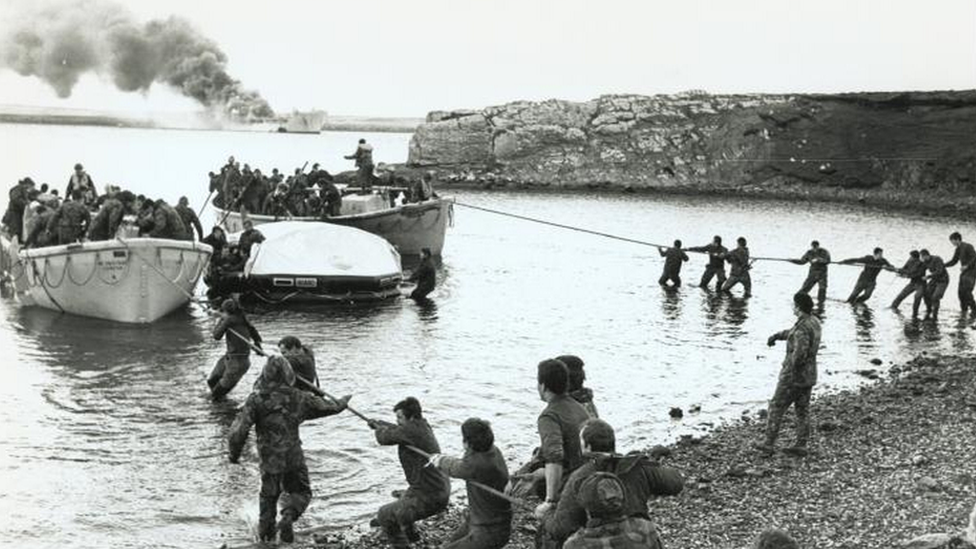
"We can never fully explain to people the experience that we went through," says Andy Jones, who was a Guardsman on the Sir Galahad
Andy Jones, who was a Guardsman on the Sir Galahad, said he was "absolutely incredulous" that the Ministry of Defence had not released the documents.
"I was 19 years old when I found myself on the tank deck of the Sir Galahad on that fateful day in June 1982.
"We can never fully explain to people the experience that we went through.
"Now, over 40 years later, to be told that it will be another 42 years before these documents are released shows the utter contempt we are held in," he said.
Mike Hermanis, from Newport, who was also 19 when he was a Guardsman on the Sir Galahad, said the new testimony from Capt Green made for "shocking reading".
"It really makes me wonder what is hidden away for 83 years," he said.
What does the UK government say?
The UK government said: "The loss of RFA Sir Tristram and Sir Galahad due to enemy action were a tragedy.
"The sacrifice made by those on board will not be forgotten, and we remain grateful to all the armed forces personnel and civilians who bravely served in the Falklands conflict.
"A Board of Inquiry was convened in 1982 to investigate the losses and we remain confident in the board's findings and recommendations."
Related topics
- Published14 March 2023
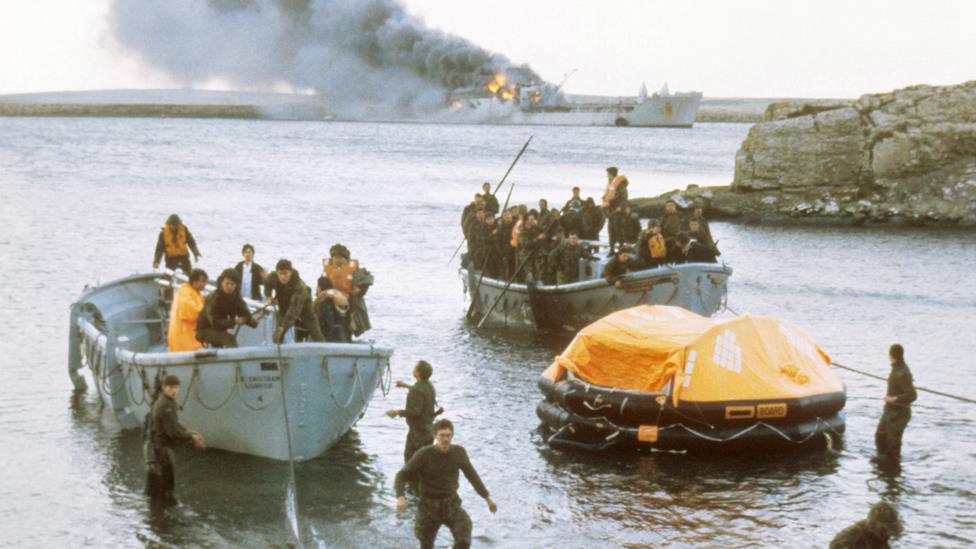
- Published3 May 2022
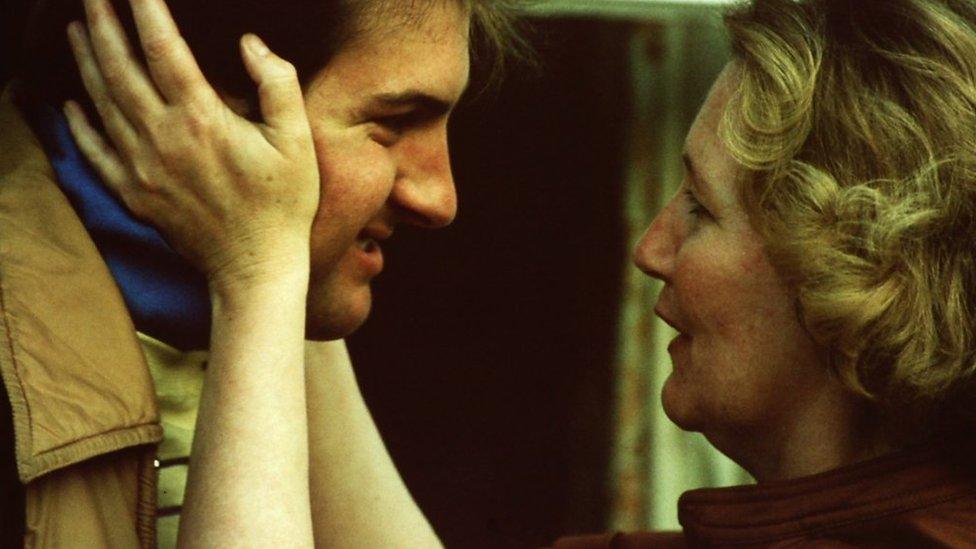
- Published6 April 2022
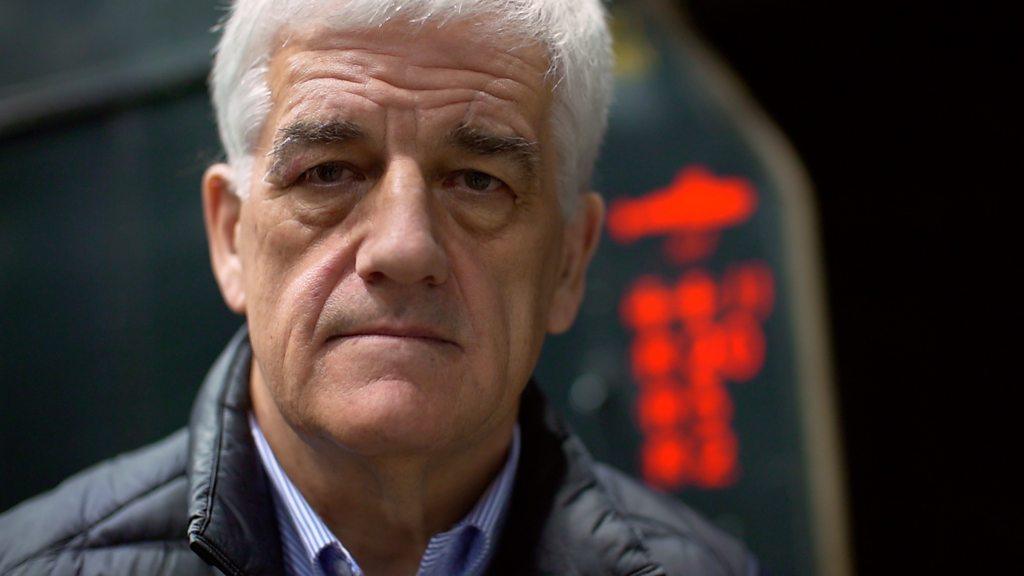
- Published18 April 2022
